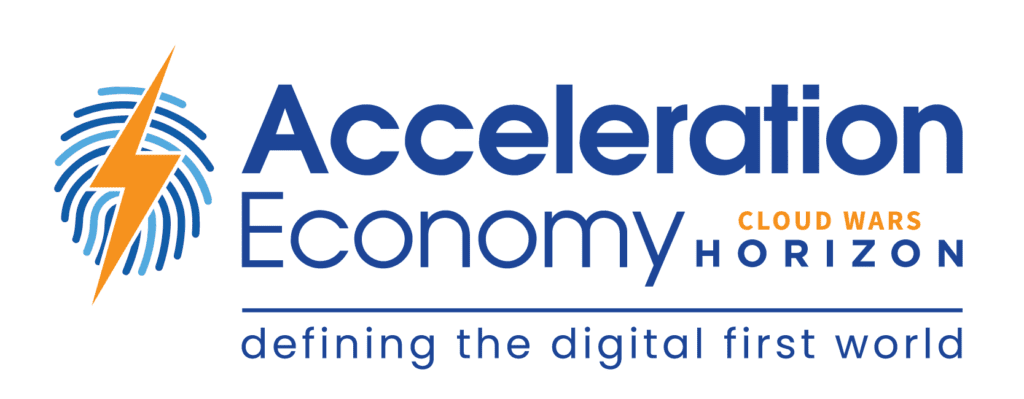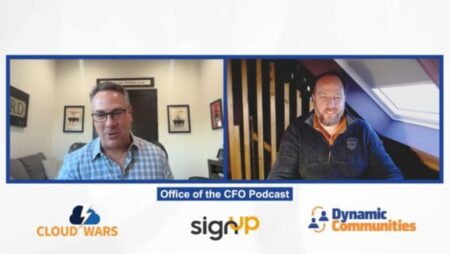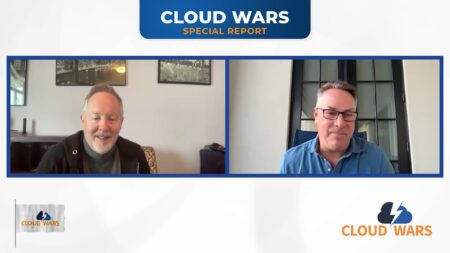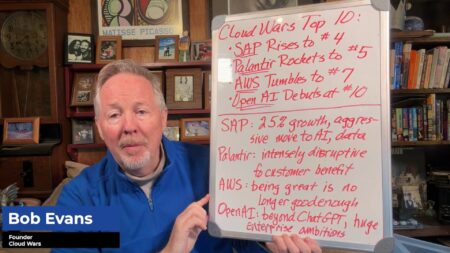Who They Are
What came first, the use case or the driver? Many will argue that, in most cases, technologies respond to pain points by providing solutions in specific use cases. Yet this is only sometimes true.
Take blockchain technology. It was developed primarily to carry out trustless, decentralized transactions. However, as the crypto boom devolve into chaos and fallout, the optimism of the initial coin offering (ICO) years has dwindled. Yet, the technology remains.
That’s why organizations are readdressing blockchain’s capabilities and repositioning the technology as an enabler for a wider remit. Today, blockchain is being repurposed to address some of the world’s most pressing problems, none more so than climate change.
Toucan is a platform that uses decentralized technologies and tokenization to support companies in their sustainability efforts. The six-strong leadership team includes Toucan’s five co-founders.
Most notably, Julian Sommer is the company chairman, chief impact officer, and CFO. Sommer has an impressive history in corporate development, blockchain strategy, and carbon offsetting. Founder and CEO Raphaël Haupt has specialized in blockchain for decarbonization for the duration of his career, while COO Robert Schmitt is a sought-after strategic advisor. CTO James Farrell is a seasoned full-stack developer and engineer with previous experience at German retail powerhouse Zalando.
What They Do
Toucan’s mission is to address climate change through programmable carbon initiatives. Developed for the Web 3.0 economy, Toucan integrates carbon-cutting into DeFi.
The Toucan Protocol is a Web 3.0 carbon market technology that tokenizes carbon credits. Toucan’s Carbon Bridge on-ramps carbon credits to its registry of smart contracts built in Polygon. In exchange, the credits are tokenized and pooled, with stakeholders receiving carbon reference tokens, dependent on the pool and project.
The system is designed to support three user groups: Web 3.0 builders, credit suppliers, and credit buyers. For this analysis, we’ll focus on credit buyers, as this branch of Toucan supports an organization’s carbon offsetting strategy.
Toucan enables companies to obtain carbon credits in a transparent, immutable ecosystem by purchasing decentralized carbon through projects that have been bridged into the Toucan network. The platform is fast and without intermediaries and facilitates companies to build purchases into reporting systems.
At a base level, users purchase Toucan’s carbon token, NCT, and redeem and retire it to fund specific carbon-cutting initiatives tied to the Toucan network. Organizations can buy this tokenized carbon in bulk to offset specific projects or build into software-as-a-service (SaaS) and other applications for ongoing offsetting.
Although only officially launching in 2021, Toucan has already made significant progress. The team has tokenized more than 50 climate projects, bridged more than 20 million tons of CO2, retired upwards of 50,000 tons of CO2, and introduced more than $4 billion in carbon trading volume to its network.
The Future and Closing Thoughts
It’s important to note that Toucan is still finding its feet. As with any Web 3.0 project, this is new territory, and while the company has made significant progress, it hasn’t been without hurdles.
Back in May 2022, Verra, a close partner of Toucan and a standard setter for the trade of carbon credits, prohibited the further tokenization of carbon credits while it explored new ways to do it without risk of duplication or referral to defunct projects. In response, Toucan welcomed the move and revealed it was looking into a long-preferred bridging method of bi-directional tokenization, enabling registries to work collectively to reduce the risk of one-way tokenization.
Web 3.0 initiatives inevitably encounter hurdles. It’s a brand-new operating landscape. Yet, Toucan is weathering the issues and pushing forward with the concept; the current offsetting results speak for themselves. Overall, what the company does represent is an innovative way for companies to dip their toes into the world of decentralized offsetting in preparation for more exposure to the Web 3.0 landscape.
For more insights on the hows and whys of sustainability’s impact on business processes and profits, please join us for the Acceleration Economy Sustainability Impact Digital Summit on January 26, 2023. Register today for your free streaming pass here.
For more exclusive coverage of innovative cloud companies, check out Cloud Wars Horizon here:









